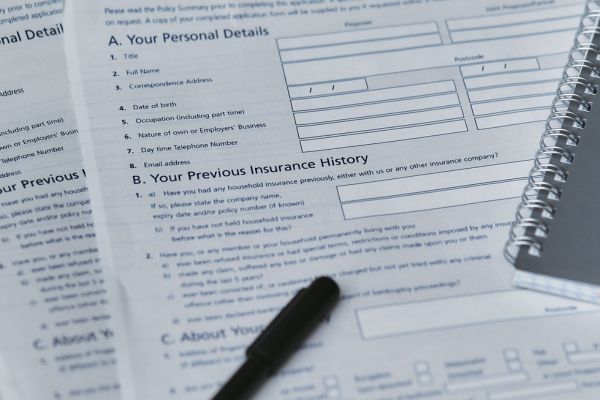Are you curious about what might be the most appropriate response to the question “Can I Lose My House Due to At-Fault Car Accident” In this comprehensive article, we will explore this concern and provide answers to 11 crucial FAQs to help you understand the potential implications and steps you can take to protect your assets.
Can I Lose My House Due to At-Fault Car Accident
The prospect of losing your home as a result of a car accident lawsuit can be a terrifying thought, can’t it? Unfortunately, it’s a real possibility if you’re facing a lawsuit for damages, the court determines you were at fault in the car accident, and the damages surpass the value of your property.
Have you ever pondered the question, “Can I lose my house due to at-fault car accident?” If so, you’re not alone. Many individuals find themselves grappling with this very concern when they’re confronted with the unfortunate aftermath of a motor vehicle collision.
A common misconception is that your house is automatically at risk if you’re deemed at fault in a car accident. However, the actual scenario is more intricate. Your home may only be in jeopardy under specific conditions, such as when your liability coverage proves insufficient to cover the damages.
- Understanding Liability in Car Accidents
Car accidents can lead to severe financial consequences, especially if you are at fault. Liability in car accidents typically refers to the responsibility for the damages caused. If you were the at-fault driver, you could be held liable for the injuries and property damage incurred by others.
In most cases, your auto insurance policy should cover these costs up to your policy limits. However, if the expenses exceed your coverage, you may be personally responsible for the remaining amount. This is where the question of losing your house comes into play.
- How Liability Extends Beyond Insurance
Liability for an at-fault car accident can extend beyond your insurance coverage. If you’re unable to cover the damages personally, the affected parties may pursue legal action against you. This could lead to a court judgment that includes a monetary award for the injured party.
If you can’t pay this judgment, your assets, including your house, could be at risk. While some assets may be protected under state laws, it’s essential to consult with a legal expert to understand the specific regulations in your area.
Common FAQs About Losing Your House After At-Fault Car Accident
1. Can I Lose My House?
Yes, if you’re found liable for an accident, you could potentially lose your house if you can’t cover the resulting expenses, especially if legal action is taken against you.
2. Does Insurance Always Cover the Costs?
Insurance covers damages up to your policy limits, but if the expenses exceed this amount, you may be personally responsible for the difference.
3. Are There Legal Protections for My House?
In some states, certain legal protections, such as homestead exemptions, can shield your primary residence from being seized to cover judgment debts. Consult with an attorney to understand your state’s regulations.
4. Can I Protect My Assets?
Yes, taking steps like increasing your insurance coverage and driving cautiously can help protect your assets in the event of an accident.
5. What If I Can’t Afford the Legal Judgment?
If you can’t afford to pay the judgment, you may be able to negotiate a payment plan with the injured party or explore bankruptcy options. Consulting with an attorney is crucial.
6. Should I Consult an Attorney?
Absolutely. An attorney specializing in personal injury and liability can provide expert guidance tailored to your specific situation, helping you protect your assets.
Tips to Protect Your House After At-Fault Car Accident
While the thought of losing your house is daunting, there are steps you can take to safeguard your assets in the event of an at-fault car accident.
- Increase Insurance Coverage: Ensure your auto insurance policy has sufficient liability coverage to protect your assets.
- Drive Cautiously: Practice safe driving to reduce the risk of accidents and potential liabilities.
- Consult an Attorney: Seek legal advice from a professional who can guide you through the legal complexities of liability.
- Negotiate Payment Plans: If you face financial difficulties after a judgment, work with the affected party to create a manageable payment plan.
- Explore Bankruptcy Options: In extreme cases, bankruptcy may provide a solution to manage overwhelming debts.
Conclusion
In conclusion, while the possibility of losing your house due to an at-fault car accident is a legitimate concern, taking proactive measures can help protect your assets and provide peace of mind. Consult with an attorney, maintain adequate insurance coverage, and practice safe driving to minimize the risks associated with car accidents.
Remember that each situation is unique, so it’s essential to seek personalized advice to address your specific circumstances.






